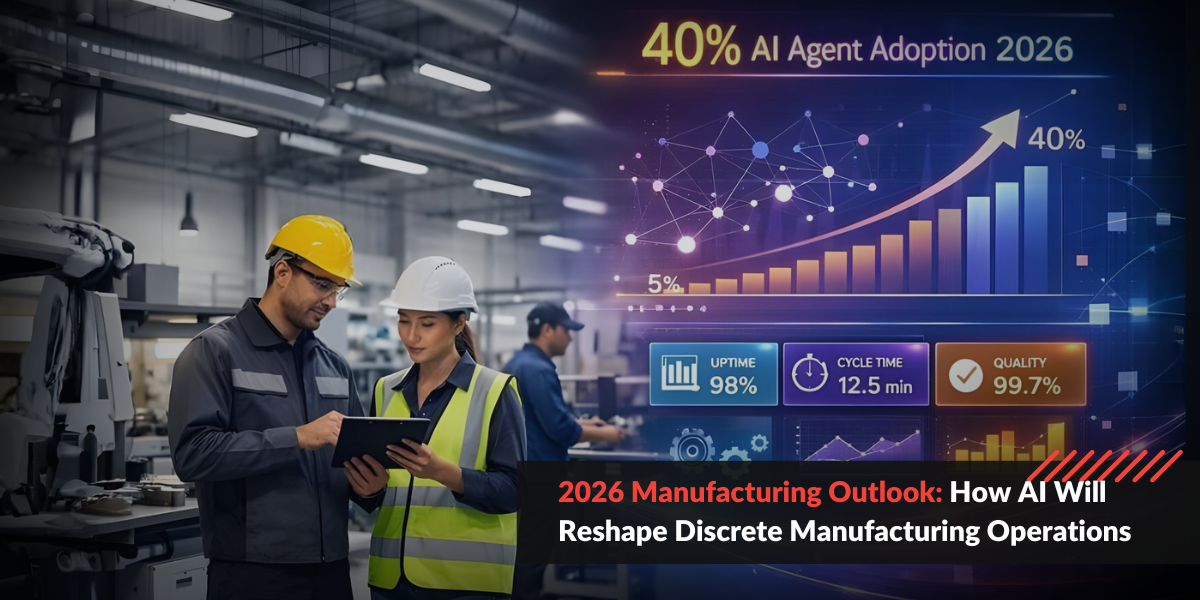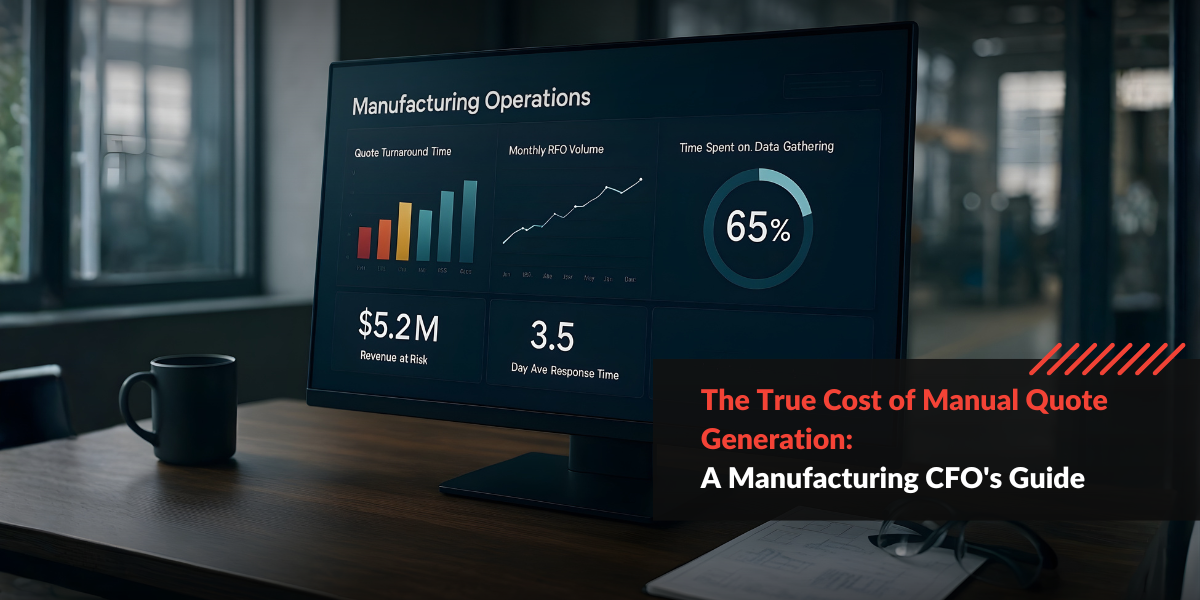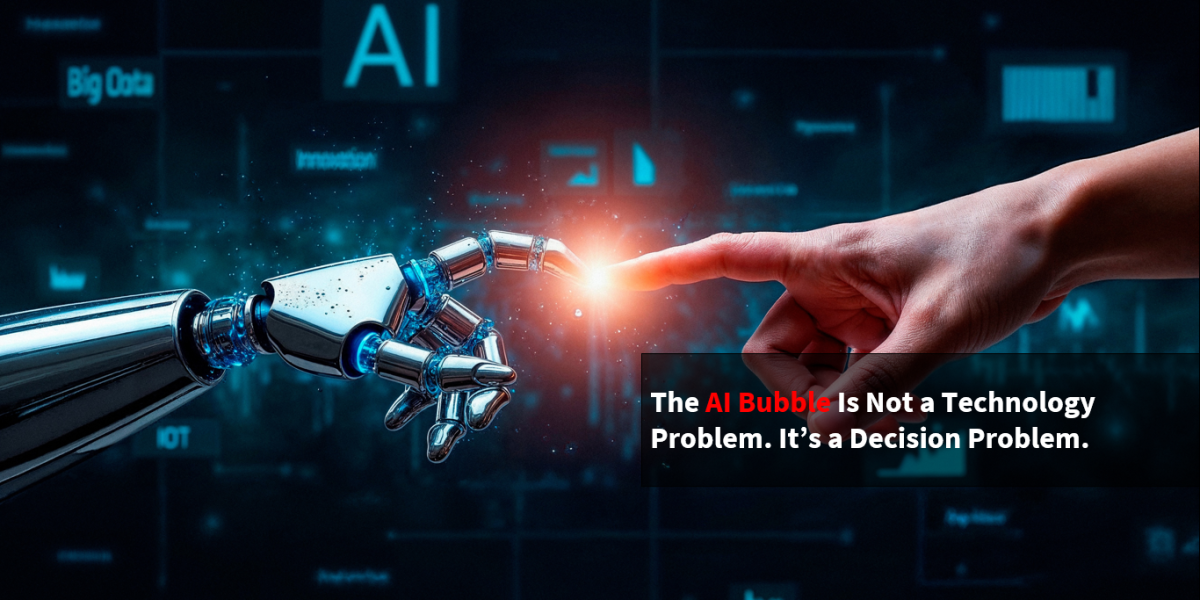Intelligent automation is making waves in various industries and functions helping businesses improve operational efficiency and gain a competitive edge. Intelligent Automation also known as Intelligent Process Automation (IPA) is a combination of Robotic Process Automation (RPA) and Artificial Intelligence (AI) technologies. It empowers businesses with rapid end-to-end business process automation capabilities – this is often called hyperautomation. Interestingly hyperautomation is the top trend in Gartner’s top 10 strategic trends for 2020. Aside from hospitality, healthcare, logistics and shared services, this exciting technology is also being leveraged for support functions in businesses.
This trend is set to grow exponentially as the IPA market was valued at USD 6.25 billion in 2017 and is projected to reach USD 13.75 billion by 2023, at a CAGR of 12.9% from 2018 to 2023. Some of the factors behind this widespread adoption of IPA are advances in the foundation technologies of the AI and RPA components of IPA. Technologies such as computer vision, voice recognition, Natural Language Processing (NLP) and Machine Learning (ML) have given rise to exciting new possibilities for intelligent automation use cases. More importantly, they enable non-specialists, such as the average business user, to utilize IPA solutions with no specialist knowledge. According to Gartner, by 2022, 65% of organizations will introduce IPA that leverages Machine Learning (ML) and Natural Language Processing (NLP).
Here’s a more in-depth look at various use cases for RPA and IPA automation for support functions in your business.
- Tech Support
Frequent Diagnostics can be conducted by bots positioned to conduct regular diagnostic procedures on enterprise systems. This in turn will keep tech support staff a step ahead of all other departments by identifying issues before end users encounter problems, minimizing downtime, saving costs and improving user satisfaction.
Fault Remediation utilizes RPA bots for rule-based protocols. If this protocol doesn’t succeed then the bot can alert a person to address the issue. With this automation fault remediation can be accelerated. In addition, you can minimize the manual effort expended by your team and increase overall workforce efficiency.
- Technology
Making Internal Tools Available to Customers or Employees can help RPA identify the usage of internal tech support tools and code simple web interfaces that can complete these functions with the help of other bots. For your business this means saving users time and eliminating the need for any support team representatives. In addition AI-powered chatbots can help users with self-service options in an intuitive, conversational format thanks to their Natural Language (NLP) capabilities. Moreover, AI can read and understand user documents in various formats and then provide the user with relevant options to resolve the issue quickly.
Software Installations can be automated through RPA that can facilitate the installation of complex systems supported by interdependent components with a single click. This enables streamlined support functions with user-friendly methods for installing software and no specialist knowledge is required.
Automated Testing uses no code RPA solutions to automatically test common scenarios from a user perspective. In doing so your enterprise can save countless hours spent on manual testing not to mention the reducing the cost of testing significantly.
Benefits of Intelligent Automation
Intelligent automation of various support functions provides your business with numerous benefits such as:
- Higher Accuracy – AI and RPA eliminate manual effort and therefore manual errors from repetitive, tedious tasks.
- Faster Resolution – Thanks to swift, accurate responses on support functions, turnaround times are exponentially accelerated. Overall, operational efficiency improves massively with intelligent automation.
- Reduction of Costs – By minimizing manual effort, accelerating turnaround times and minimizing errors, intelligent automation can save your business thousands of dollars. There is typically substantial ROI in just a few months from a feasible intelligent automation use case.
- Highly Accessible & Scalable – IPA solutions can be deployed from anywhere and when they are deployed on the cloud, they can be accessed by any device with an internet connection and login permissions. They can also be scaled up or down with ease based on business requirements.
- Teams Can Focus on Higher-Value Activities – When intelligent automation takes care of the routine, repetitive tasks, your team members are free to focus on higher-value activities that tap human creativity and the solution can flag a team member if human intervention is required.
In part 2 of this blog series, we’ll explore more use cases for intelligent automation for support functions. Apart from support functions, you can also consider possibilities to harness the power of intelligent automation for commercial functions.
For a bigger-picture understanding of IPA, you can check out our blog on understanding the full impact of Intelligent Process Automation (IPA) for businesses.
If you’d like to explore opportunities where your business can benefit from commercial RPA and IPA implementations for hyperautomation, the Rapid Acceleration Partners team would be glad to help. Our next-gen, AI-powered content intelligence platform RAPFlow enables full lifecycle AI orchestration on a single platform. When used in tandem with our RPA solution RAPBot, it provides end-to-end workflow automation capabilities that can be deployed in just weeks. You can even build your own use case and the platform can easily integrate with your existing systems. Book a demo to get a more detailed understanding of how our products can transform your business.




